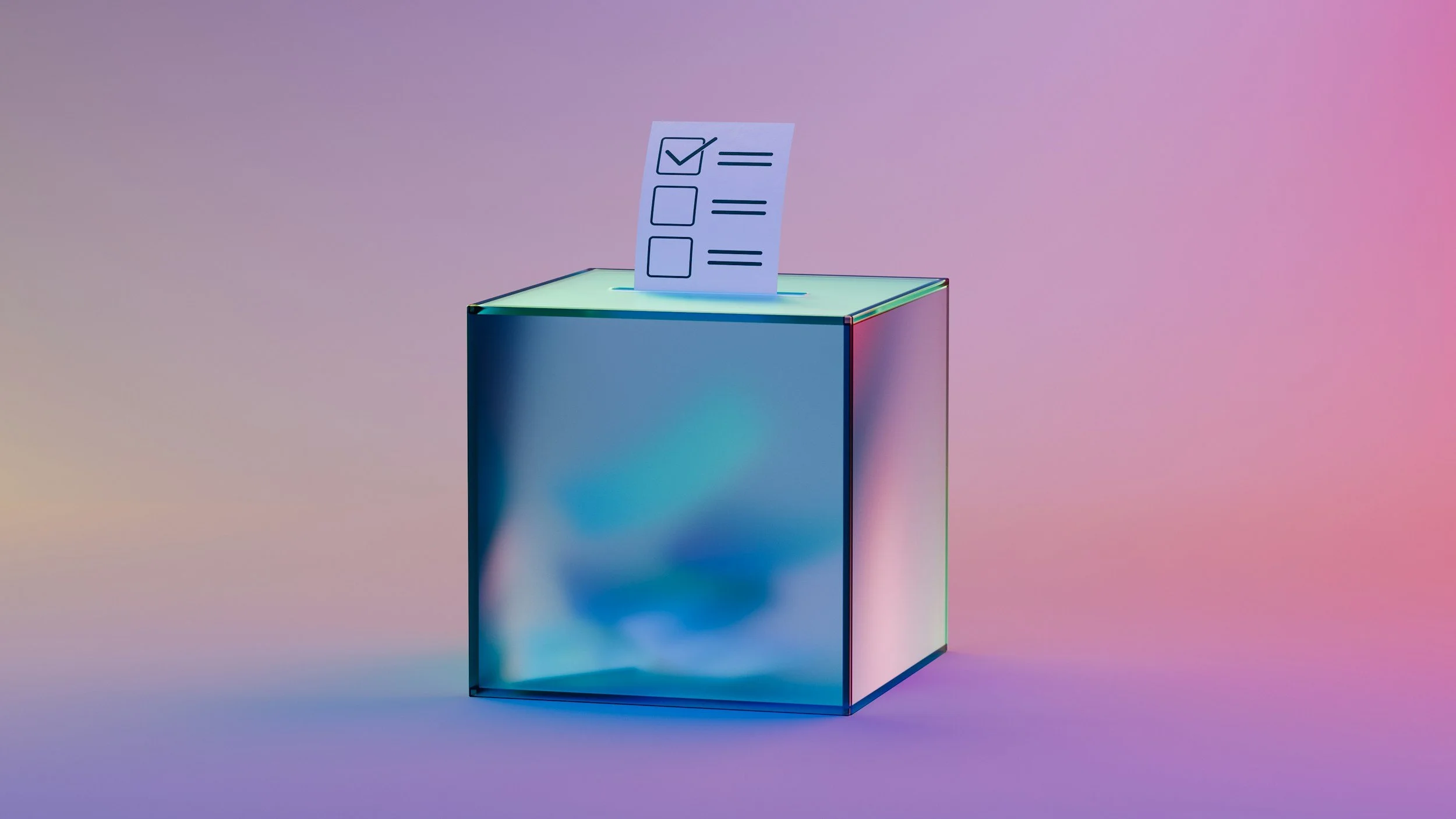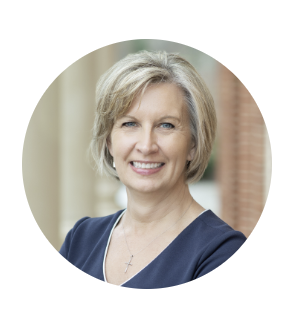Beach Elections: The Product Of A Judge And A California Professor
by Victoria Manning
Virginia Beach voters will decide in November whether to change their system of electing local government officials. The system in place now, dictated by an unelected judge with the advisement of a biased California professor, conflicts with the city charter.
That California professor helping the case, Bernard Grofman, is a favorite choice of Democrats as a consultant in redistricting cases across the nation. District Court Judge Raymond Jackson appointed Grofman as a "Special Master" to completely rewrite the Virginia Beach voting system. In 2021 Grofman trashed Donald Trump and Republicans, calling them liars and conspiracy theorists. Now he's helping Jackson force the city of Virginia Beach to change the way it elects its city council and school board.
The question on the November 4th ballot is "Should the method of city council elections set forth in the Virginia Beach City Charter be changed from a modified 7-3-1 system to a 10-1 system?"
The 10-1 system put in place by Judge Jackson consists of 10 district seats and 1 at-large seat on the city council and school board. For city council, the at-large position is that of Mayor. In the modified 7-3-1 system, there are 7 districts, 3 at-large, and 1 Mayor for city council. For school board it is 7 districts and 4 at-large positions.
Virginia law 24.2-304.1 allows local governing bodies such as city councils or boards of supervisors to "provide by ordinance for the election of its members." These bodies can decide whether to use at-large, district or ward voting, or a combination of these. Other laws may also apply such as how boundaries are determined.
The Virginia Beach City Charter, originally approved by the state legislature in 1962, provides for the method of voting for local city government. It currently divides the city into seven residence districts of approximately equal population. The city elects resident representatives from each district, but on an at-large basis—the whole city elects each district's councilmember. The charter additionally stipulates that three members plus the mayor shall be elected by and from the city at large. This is referred to as the 7-3-1 system.
Lawsuits Against the City
Holloway-Allen Lawsuit
In 2018, plaintiffs Latasha Holloway and Georgia Allen filed a lawsuit against the City of Virginia Beach. Holloway has a long history of filing lawsuits in the city, and currently has an active suit against the Virginia Beach School Board.
The plaintiffs claimed the city's at-large election system "denies Black, Hispanic or Latino, and Asian-American voters ("Minority Voters") an equal opportunity to participate in the political process and to elect representatives of their choice." They claimed the election system violates Section 2 of the Voting Rights Act (VRA) which states no practice or procedure shall result in "a denial or abridgement of the right of any citizen of the United States to vote on account of race, color, or membership in a language minority group."
Their argument, in a nutshell: The VRA codifies their right to vote based on skin color.
The portion of the charter being challenged was the 7 district members that were being elected at-large. The candidate running in the district seat had to reside within that district, but the entire city could vote for them (at-large).
The City of Virginia Beach contended that the plaintiff could not combine minority groups to state a claim under the VRA. The city also claimed that under the law, plaintiffs had to prove that a minority group would vote cohesively for the same candidate, and they failed to meet that burden of proof.
Before the trial ended, the state legislature passed a bill that eliminates the at-large nature of the districts—giving the plaintiffs what they wanted. Rather than dismissing the lawsuit as moot, Judge Jackson found the election system denied minority voters equal access in violation of the Voting Rights Act. On August 9, 2021, he directed the Special Master—Grofman—to submit a report and recommendation to the District Court and then ordered the City of Virginia Beach to implement a 10-1 voting system—completely bypassing the City Charter.
On July 27, 2022, the Fourth Circuit Court of Appeals vacated Judge Jackson's ruling as moot due to the state legislation passed on the matter.
In 2023, city council voted to make the 10-1 system permanent but did not get approval from the state General Assembly for a charter change. Despite the legally questionable nature of this change, the City of Virginia Beach adopted the 10-1 voting system for its next election anyway.
Linwood Branch Lawsuit
Former City Councilmember Linwood Branch and other plaintiffs challenged the 10-1 system in a new lawsuit filed in January 2024. The suit alleged the city was required to follow the City Charter for its November 2022 elections—the 7-3-1 system, not the 10-1 system that was used.
On June 30, 2025, a circuit court judge ruled in favor of Branch and voiding the 10-1 system, because the General Assembly did not approve a charter change. The Governor previously vetoed legislation on the matter citing the ongoing litigation.
Restoration News spoke to former City Councilman Linwood Branch, who said:
After finding its way through federal and state courts, City Council, the General Assembly and the Governor, this issue of voting rights will finally be heard from by the rightful owners of those votes, the Virginia Beach citizens in November.
The judge in the Branch case issued a stay on his decision awaiting the outcome of the referendum on the ballot in November.
What's Next?
Judge Jackson hasn't stopped trying to dictate Virginia Beach's voting system. On July 8th he issued another order permitting Holloway and Allen to enter new pleadings in the original 2018 suit. Jackson said the city didn't live up to its agreement to codify the 10-1 system, even though the city attorney claims they sought a charter change in the legislature in 2024, but it did not pass.
Holloway and Allen claim they want an equal opportunity to participate in the political process so it defies logic that they would choose to favor the 10-1 system since it reduces the number of representatives they can vote for. The legislature already changed the measure they initially opposed—allowing the whole city to vote for district seats. Is their strategy really to artificially increase the number of minorities on city council and school board?
The 10-1 system only gives Virginia Beach voters the ability to vote for 2 representatives out of 11 on the school board and city council. Yet the 7-3-1 system gives voters a chance to choose 5 representatives—1 district and 4 at-large. What it doesn't do—carve out special districts that favor a particular racial group.
Now the voters will decide on November 4th if they want to be able to vote for 5 representatives each on city council and school board, or only two. In the process, voters also have the opportunity to weigh in on whether they'll allow an unelected judge and his California "Special Master" to rewrite city and state elections law.
Victoria Manning is a Senior Investigative Researcher for Restoration News specializing in education freedom, immigration, and military issues. She is the author of Behind the Wall of Government Schools. Victoria served 8 years as a member of the Virginia Beach School Board and has a master’s degree in law. She also brings the perspective of a military spouse and mother to her reporting.



